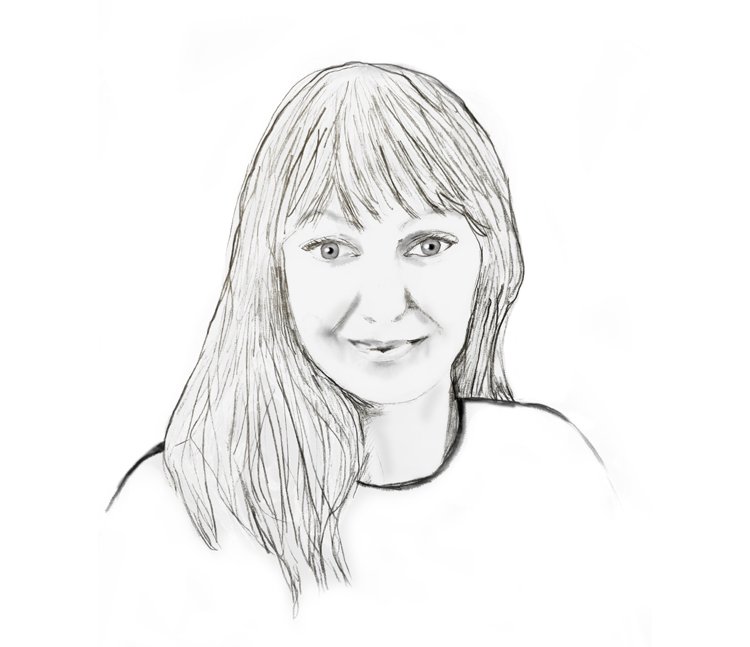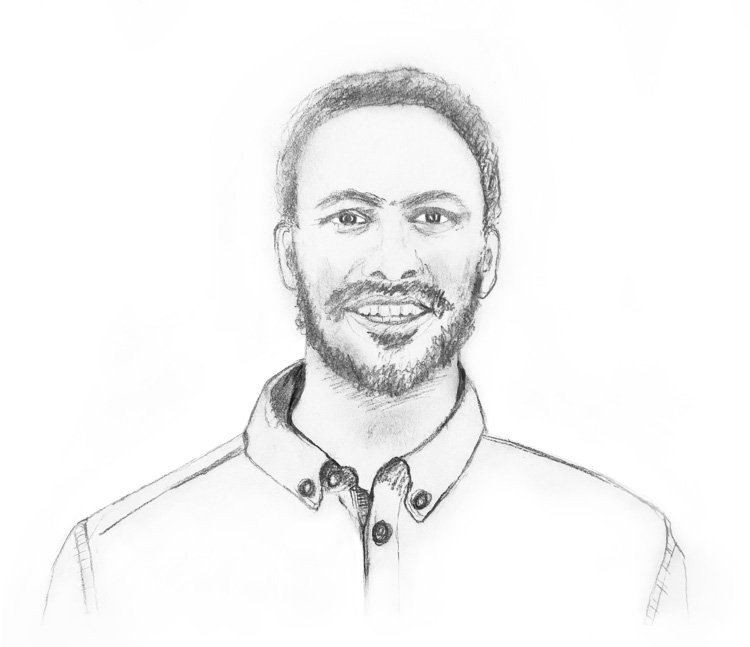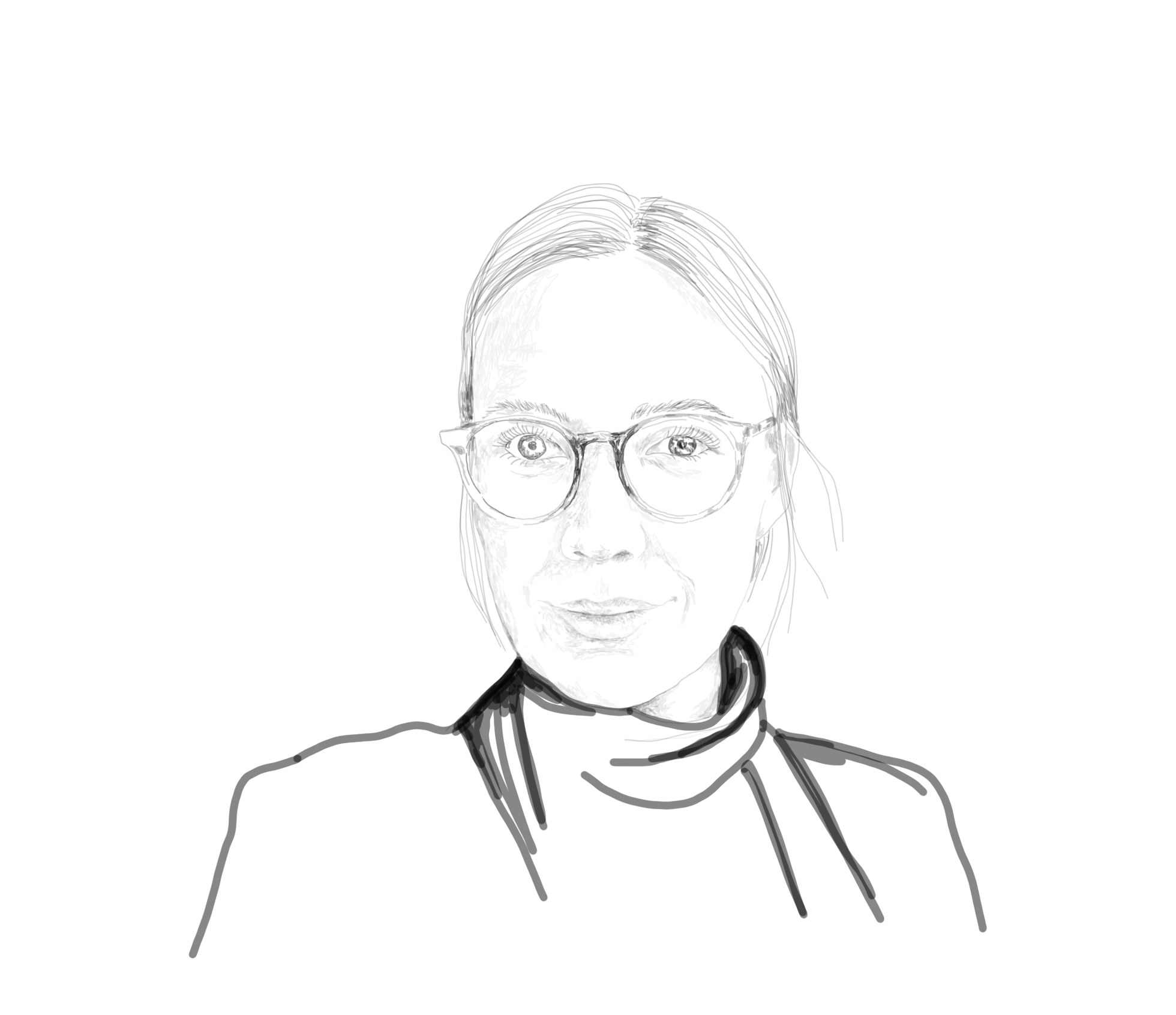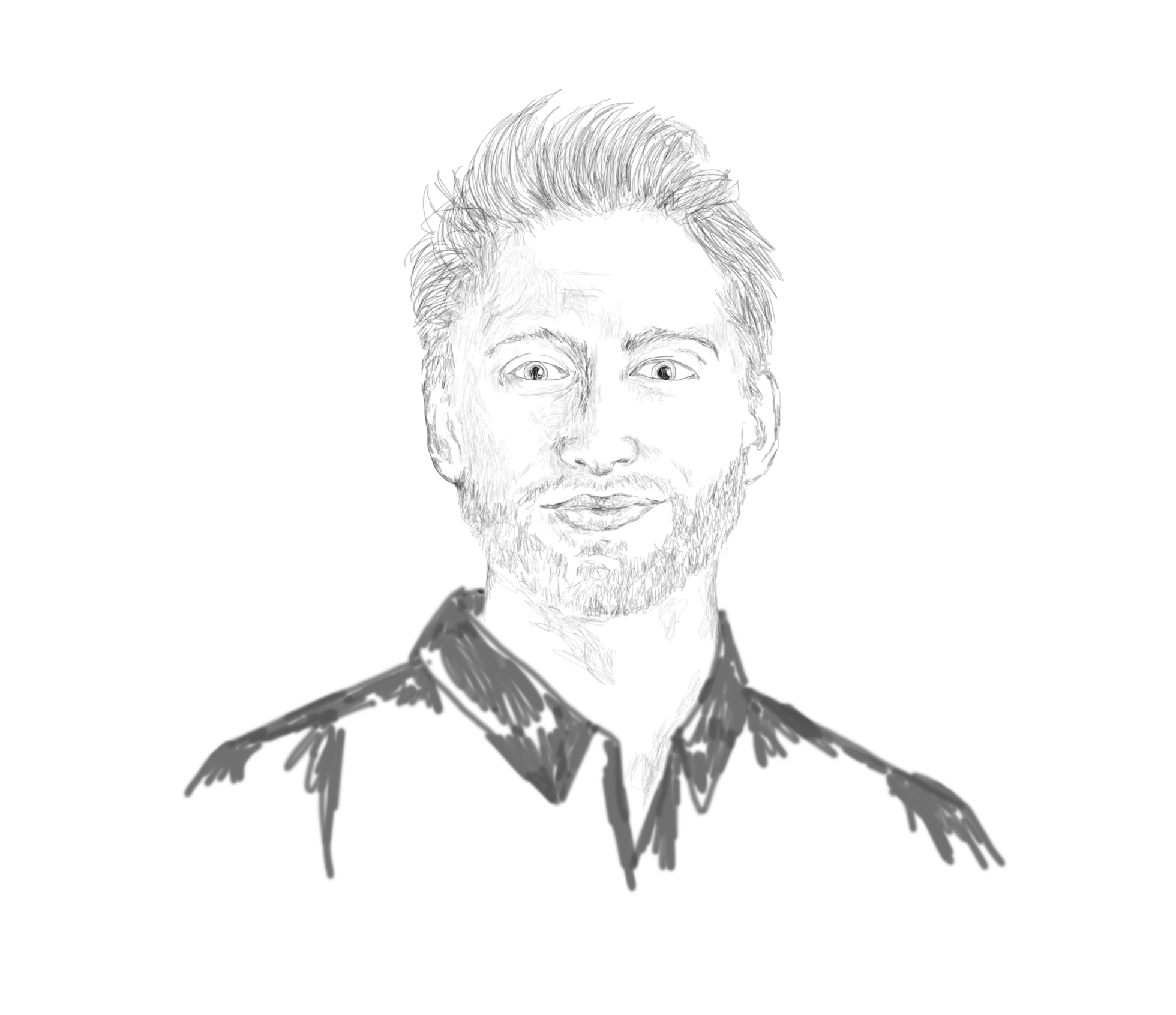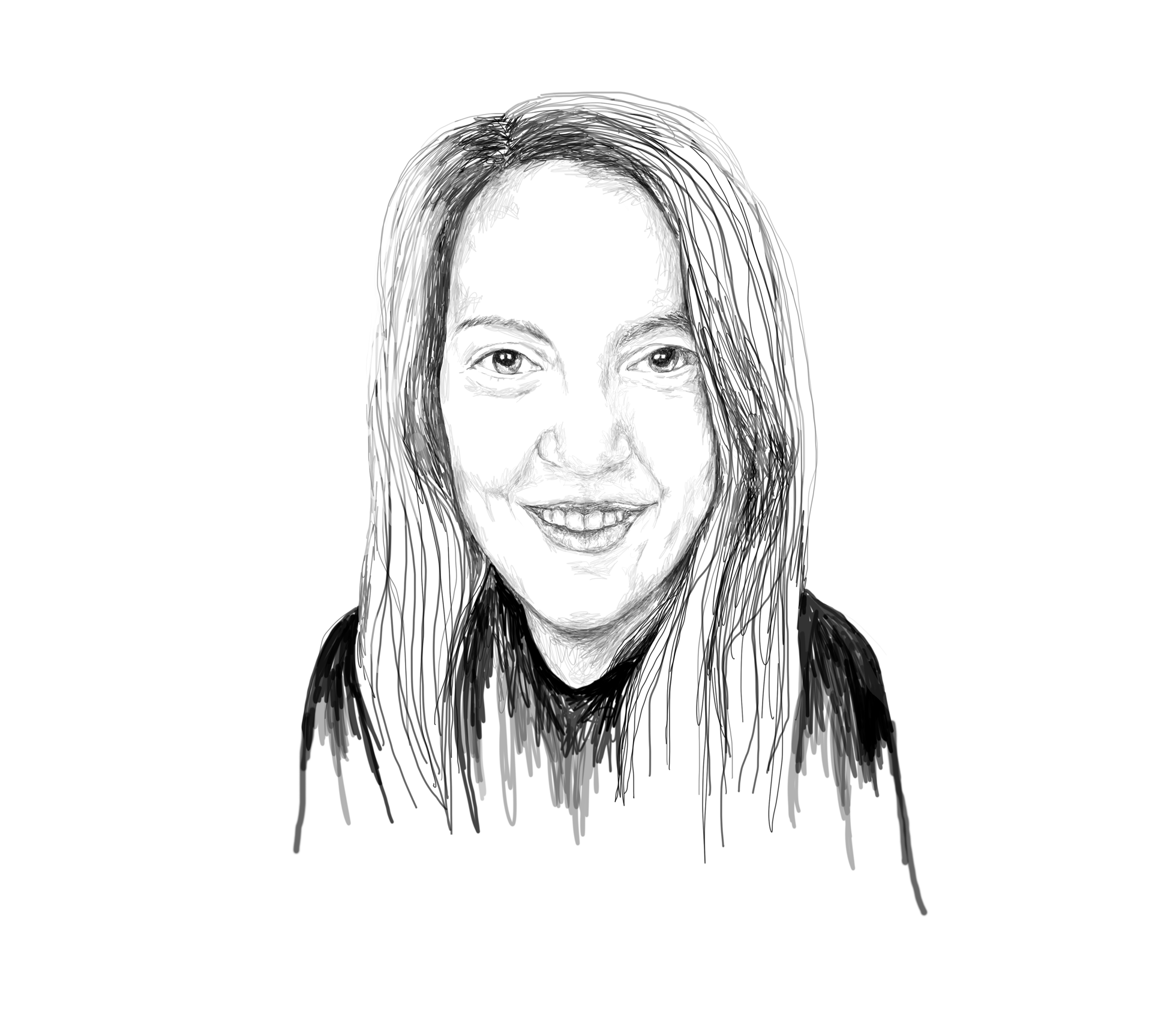People Confronting Data
We are an interdisciplinary group of people that contribute with different experiences, skills, and perspectives. Our research is often carried out in an interdisciplinary context in collaboration with people, society, and industry.
Our aim is to ask the difficult questions about the data-driven technological directions our society is leaning towards. Questions in relations to ethical dilemmas about how and why we as individual citizens are taken there, and whether we really want our society to go in that direction.
Co-lab
Naja Holten Møller
Naja Holten Møller is an Associate Professor at the Department of Computer Science in the Human-Centred Computing section (HCC). Her research unfolds through a deep engagement with issues concerning data-driven technologies and how they introduce continual forms of change for bureaucracies and public decision-, but also for citizens who engage with these processes. In this context, her work raises questions about the role of professional discretion as a form of ethics in practice in the caseworker-citizen interaction and new forms of accountability that arise from datafication.
Tariq Osman Andersen
Tariq Osman Andersen is an Associate professor at the Department of Computer Science in the Software, Data, People and Society research section (SDPS). His work revolves around patient-centred digital health and technologies that bridge between the clinic and the home. He has a particular interest in long-term participatory design methods and in recent projects he explores the sociotechnical implications of human-ai interaction when deployed in the clinical encounter.
tariq@di.ku.dk
Trine Rask Nielsen
Trine Rask Nielsen is a postdoc in the Human-Centred Computing (HCC) section at the Department of Computer Science, University of Copenhagen. From a Computer-Supported Cooperative Work (CSCW) and Critical Data Studies perspective, she study the role of data and data-driven technologies in public sector domains such as asylum, healthcare, and unemployment. Using qualitative methods including ethnography, participatory design, and research-through-design, she emphasizes democratic and human values while exploring how new forms of data transform and can support work practices.
Kristin Kaltenhäuser
Kristin Kaltenhäuser is a PhD student at the Department of Computer Science, University of Copenhagen in the Human-Centred Computing section (HCC). She has a master's degree in Software Design and Data Science, as well as in Intercultural Communication and Gender Studies. Drawing on participatory design and data science methods, her PhD is about informed sense-making of data in asylum decision-making in the Nordic countries, drawing on the experience of scholars, practitioners and policy-makers.
Tina Westergaard Milbak
Tina Westergaard Milbak is a PhD Fellow at the Dpt. of Computer Science, University of Copenhagen in the Human-Centred Centred Computing section (HCC). Her PhD research is grounded in CSCW and critical public data studies. The PhD project is part of a larger interdisciplinary research project: AI@CARE – to understand how bias appears within medical AI. Based on exploratory design methodologies such as co-design and speculative methods, nurses' perspectives act as an entry point for investigating their data work and care documentation practices to illuminate the collaborative practices of data production in the Danish EHR: "Sundhedsplatformen". The questions guiding her work are how nurses navigate bias as part of their documentation practices, and what are the implications in terms of data quality.
Hubert Zając
Hubert Dariusz Zając is a postdoc at the Department of Computer Science, University of Copenhagen. He comes from an engineering and design background with a master's degree in Computer Science. In his PhD, he investigates how to successfully realise medical AI in clinical settings. He is particularly interested in collaborative design work on medical data creation and AI design methods.
Sara Sigurðardóttir
Sara Sigurðardóttir is is a PhD student at the Department of Computer Science, University of Copenhagen in the Human-Centred Computing section (HCC). She has an MA from Uppsala University, Sweden. The topic of her PhD project is Care and Cybersecurity, and she is particularly interested in gender, power and technology. Her current research project is an empirical study on online dating and people's interactions with dating applications. This means considering how people practically use dating apps, and how technologies can shape behaviours and social norms related to forming new personal and intimate connections
Sarah Frances Homewood
Sarah Homewood (she/her) is an Assistant Professor of Human Centred Computing at the University of Copenhagen. She has a background as a contemporary dancer and her research is informed by her interest in how technologies both reflect and influence societal perspectives on bodies. She has conducted research on self-tracking technologies within the areas of ovulation, menopause and menstrual tracking and gut health. Her fertility tracking device, Ovum, won a Danish Design Award for Innovative Concept in 2021. Her current research attends to the design of technologies for chronic illnesses such as post-COVID syndrome and chronic fatigue. Her research methods include co-design and research-through-design. Her research is often grounded in feminist and phenomenological theories.

